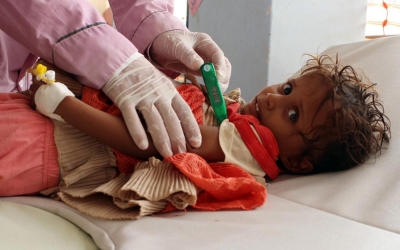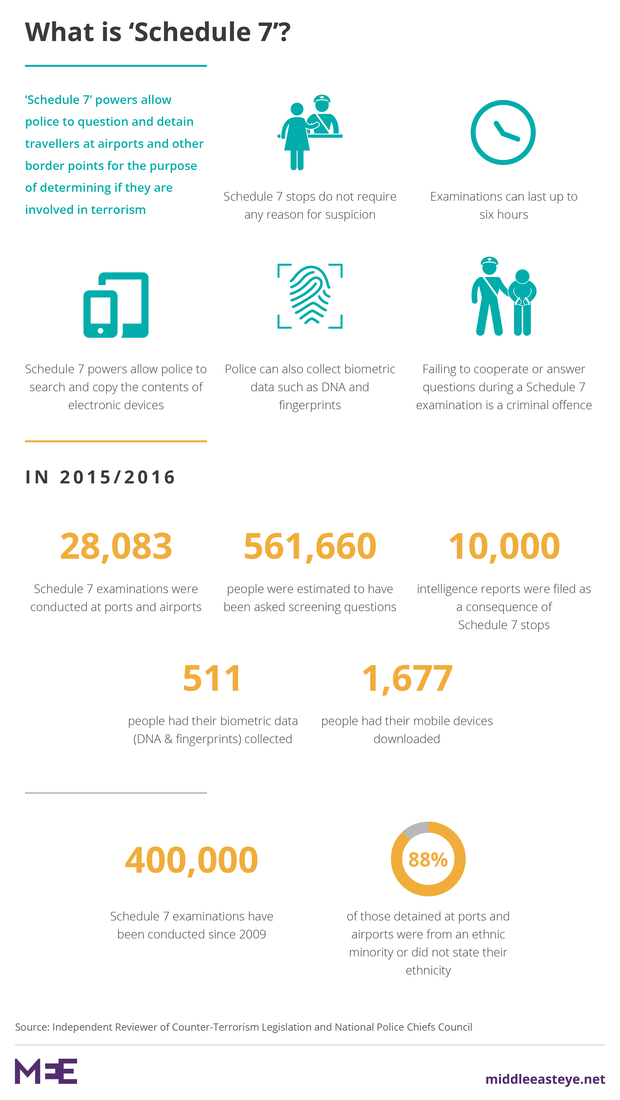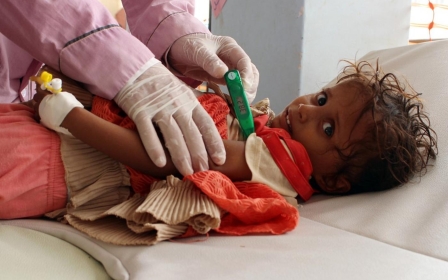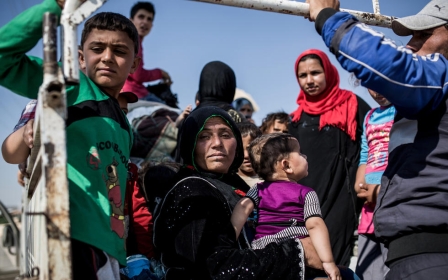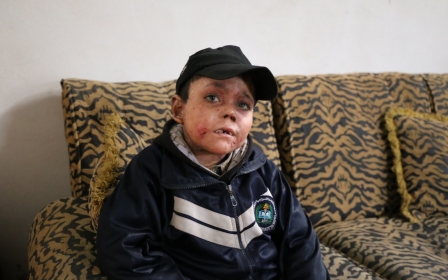UK Muslim charity calls for investigation into 'police harassment'
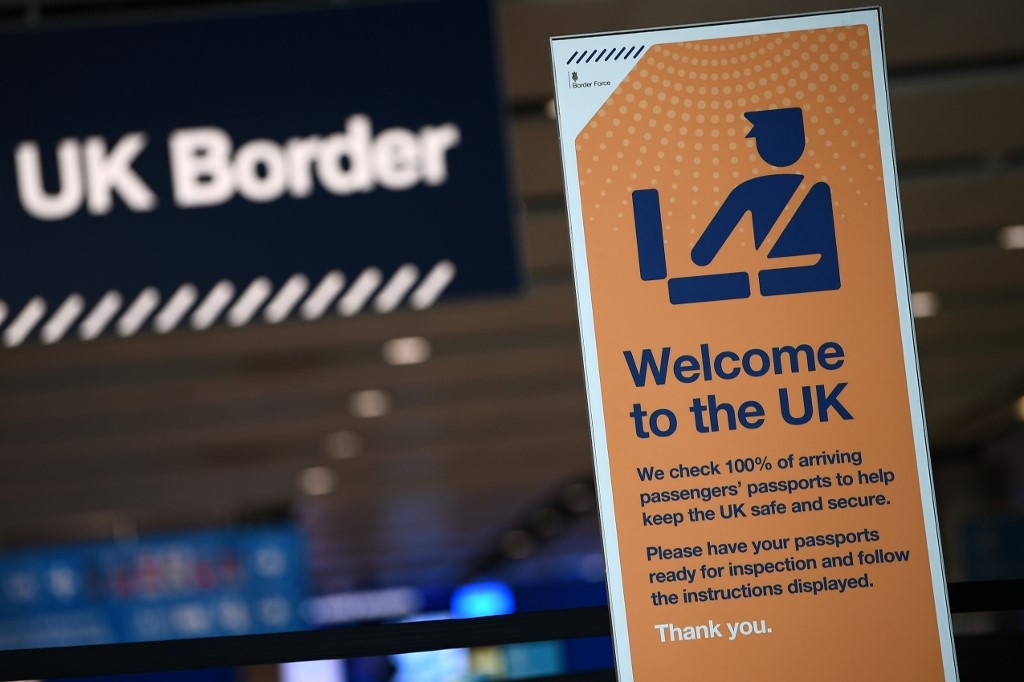
A Muslim charity has written to the UK's police watchdog calling for an investigation into the alleged harassment of Gaza-bound aid workers and the seizure of cash donations during a Schedule 7 airport stop last year.
Human Aid on Monday filed a complaint with the Independent Office for Police Conduct (IOPC) accusing police of abuse of power and harassment over the stop at Heathrow Airport on 9 July 2019.
New MEE newsletter: Jerusalem Dispatch
Sign up to get the latest insights and analysis on Israel-Palestine, alongside Turkey Unpacked and other MEE newsletters
Separately, the charity also wrote to Cressida Dick, the head of the Metropolitan Police, to demand an apology after officers last week returned the donations and conceded that they were legitimate charitable funds.
In the letter, Nur Choudhury, the chair of Human Aid, accused the force of “politicised policing” which he said raised concerns about its independence.
The decision to stop and search the aid workers had been, he wrote, “an effective - and ‘lawful’ - way to prevent the aid mission from succeeding and prevent valuable lifesaving aid from reaching the besieged people of Gaza”.
"We are also concerned that valuable and finite police resources - and taxpayer money - is being misapplied and wasted on policing legitimate charitable activity instead of pursuing credible risks elsewhere," Choudhury wrote.
One Human Aid staff member and two volunteers were stopped under Schedule 7 powers and held for more than five hours, causing them to miss their flight, the charity told Middle East Eye.
Police confiscated about £15,000 ($18,300) in cash, all of which has now been returned, the charity confirmed.
Human Aid says that its staff and volunteers have been repeatedly subjected to controversial Schedule 7 stops in their work, adding up to a “pattern of harassment” by police.
"Aid workers were treated like criminals and were left traumatised from the experience. They were searched, questioned, fingerprints and DNA taken and detained for several hours," said Choudhury.
"Those doing public service and benefiting the less fortunate here and abroad, often at great personal risk, should be commended and supported - not be afforded less respect than what criminals receive in Britain."
The police complaints system requires the police force that is the subject of a complaint to initially look at the case against it before deciding whether to refer it to the IOPC, to take no further action or to seek to resolve it itself.
The IOPC told MEE that it had not received a referral but that it would usually take several days between a complant being lodged and a referral being made.
MEE has also contacted the Metropolitan Police for comment.
Schedule 7 allows border police to stop anyone to determine whether they are involved in planning terrorist acts. Human rights campaigners and Muslim advocacy organisations complain that the powers are discriminatory and unfairly target Muslims.
Middle East Eye has previously reported on the use of Schedule 7 powers and cash seizures to disrupt charities sending aid to Syria.
Human Aid last week called on the Charity Commission to drop a statutory inquiry into its work which was launched as a consequence of the cash seizure.
In 2017, the Charity Commission and police issued guidance to charities advising against the use of cash couriers to transfer aid money overseas.
The Charity Commission told MEE that the inquiry into Human Aid remained “open and ongoing”.
Middle East Eye delivers independent and unrivalled coverage and analysis of the Middle East, North Africa and beyond. To learn more about republishing this content and the associated fees, please fill out this form. More about MEE can be found here.


